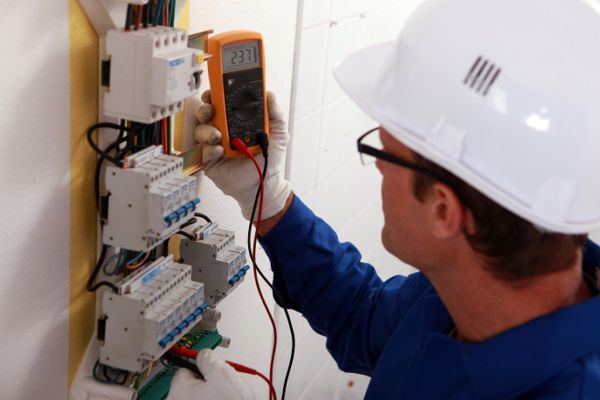Safety When You're Working Alone

Working alone is not the best situation, but sometimes it is necessary. In occupations as diverse as home care nurse, security guard, property manager, bulk plant attendant, taxi driver, custodian, logger, ranch hand, retail clerk and oil field mechanic, the worker sometimes spends a solitary shift.
Doing a job alone can be more hazardous than doing the same job in company of others. If a worker is injured, ill or trapped, there is no one nearby to help or call for assistance. Lone workers are also more vulnerable to crime such as robbery or assault. Workers alone in the wild country are more vulnerable to animal predators.
Working alone means working where you cannot be seen or heard by another person and where you cannot expect a visit from another person.
The risk of working alone depends on circumstances including the location, whether the work itself is risky and involvement with the public. Workers who handle money, work away from the regular work site or work alone with patients or clients face particular hazards. So do those who work at heights or in confined spaces such as silos, work with electricity, hazardous substances, dangerous equipment or with the public where there is the possibility of violence.
Consider these tips for greater safety when working alone:
- Talk to your boss and colleagues about your job, the hazards and how to minimize them.
- See if work can be rescheduled so you do not have to work alone.
- Set up a check-in system by which you call or page someone at regular intervals so they will know you are okay. Agree on a tracking method to be used if you are overdue.
- Carry a personal alarm, cell phone or two-way radio. Manage the batteries so you will always be able to get through.
- Use a buddy system, taking another worker with you into higher risk situations.
- File a travel plan when you drive somewhere alone. Keep vehicles well-maintained to avoid breakdowns. Stock an emergency survival kit in the vehicle.
- When visiting a possibly intimidating client, take a taxi and have the driver wait outside.
- Handling cash or other valuables puts you at risk for violent robbery. Have your employer take steps to reduce the amount of cash on hand to lower the incentive for robbers.
- Have your work area arranged for maximum visibility from windows. Get training in how to avoid and handle a robbery, and learn to use the security system.
Some people enjoy working alone and choose solitary jobs on purpose. An injury or a violent encounter can take the fun out of your work, so be prepared to work as safely as possible when you work alone.